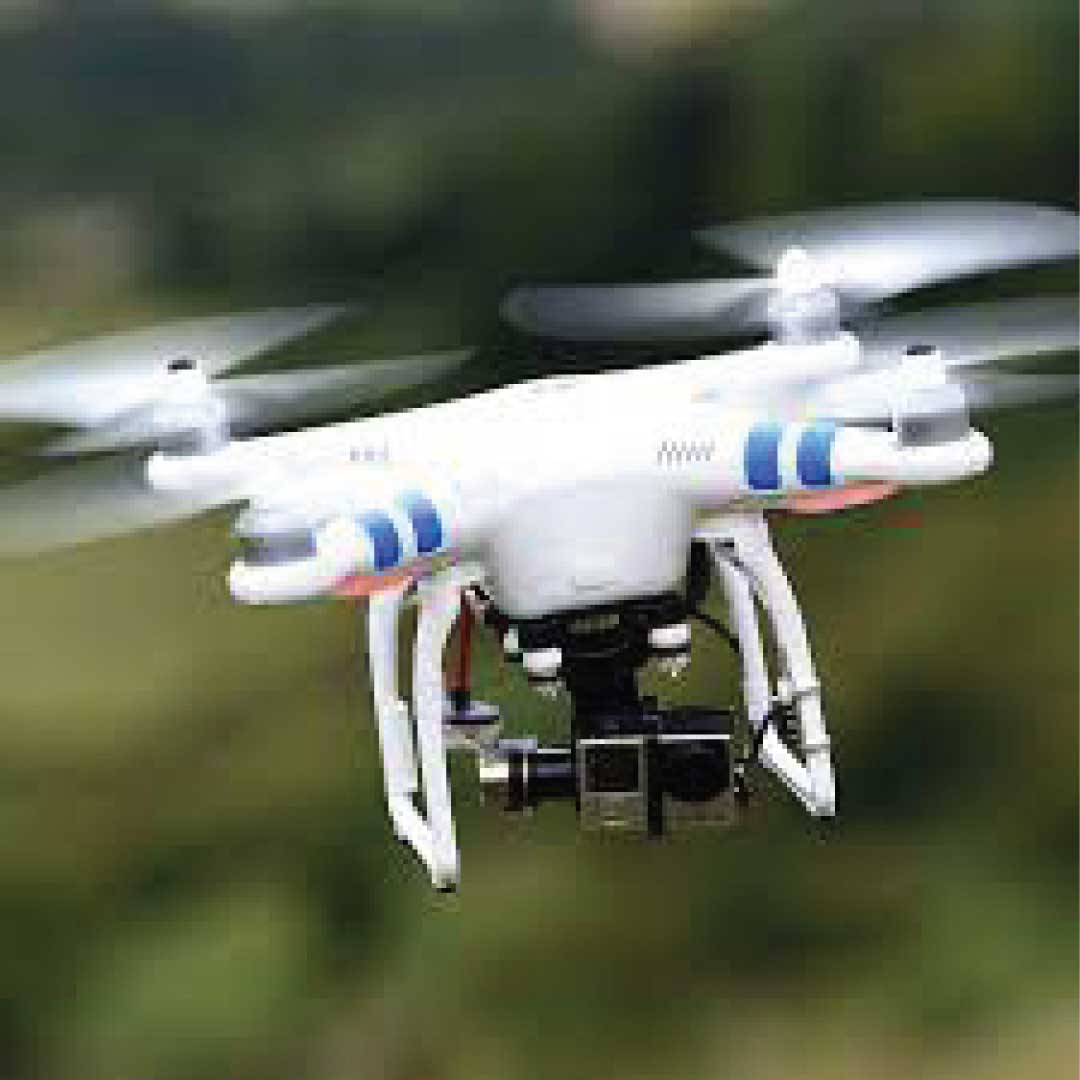As published in the first part of this report, UAVs have been adopted by most African countries and while some African countries have outrightly banned the use of drones, others have left the regulation of UAVs to their Aviation authorities.
The African Union (AU) has met to discuss the regulation of UAV (Unmanned aerial vehicles), but so far, every country is left to provide its regulatory policy for the operation of drones.
Read Also : Google’s Underwater Internet Cable To Give High-Speed Internet To Togo
As of April 2021, 18 African countries have enacted drone regulations. In some of these countries, the use of UAV is regulated by both the country’s defense agency and the aviation authority. In these countries, one would require a license or some form of registration to fly a drone.
Although UAV regulations are still being developed in some other countries across Africa, there are laws regulating the use of drones to protect the privacy of citizens and ensure security.
In some North African countries, such as Morocco, Algeria, and Egypt private drones are prohibited. In Rwanda, Tanzania, Kenya, Botswana, drones are allowed to fly with the permission of the country’s Civil Aviation Authority while in other countries like Liberia for example, there is no legal framework for the use of drones.
In some of the African countries where drone regulation has been drafted, the approval process is cumbersome and there are huge bills to settle before drones can be operated.
For example; To use a drone in Nigeria, registration is required. The drone operator is required to show proof of N20,000,000 in capital shares and pay N500,000 processing fee six months in advance.
The licence they’ll get is valid for 3 years and a fee of N100,000 is to be paid annually.
Concerns That Warrant The Regulation Of Drones
Data protection is one of the concerns that have arisen in Africa following the advancement of technology and artificial intelligence. Drones involve data and data protection is a vital security concern hence, the dire need for laid drone regulation.
Illegal Surveillance: To protect citizens from the invasion of their privacy through drone operations, many governments realize the need for laws that regulate the use of drones.
Crash Hazard: So that they don’t interfere with the operation of airlines, drones are typically restricted around airports or other sites of national importance, and the use of drones over heavily populated areas is often either forbidden or severely restricted.
Also, visual line of sight (VLOS) is often required for all users, restricting the horizontal and vertical distance of drone operation, as well as meteorological and lighting conditions for operation.
Factors Considered While Licensing A Drone
There are some dissimilarities between the different regulations in African countries, making it difficult for pilots in different countries to refer to common rules and share skills. This dampens the expected impact of the drone industry on the continent’s economic development.
However, the general licensing considerations across Africa are;
1. The size of the drone
2. The altitude to which said the drone can fly
3. Proposed use of the drone
Licensing registration and insurance requirements are often nonexistent for recreational small drones; however, for commercial drone usage, a sporting pilot license has become the standard for countries without drone-specific licensing procedures.
Mechanisms Put In Place For Drone Regulation In Africa
Research shows that many countries In Africa, regulate the use of drones by making it compulsory for drone operators to have the following:
1. pilot’s license
2. aircraft registration
3. restricted zones
4. insurance.
Approaches to commercial drone regulation in Africa are apparent as listed below.
Outright ban: Countries do not allow drones at all for commercial use.
Effective ban: Countries have a formal process for commercial drone licensing,
but requirements are either impossible to meet or licenses do not appear to have been approved.
Harmonizing drone regulations in Africa will ease the movement of drone operators across countries facilitating the contribution of the drone industry to the economic and social development of the continent as envisioned by the African Union.




